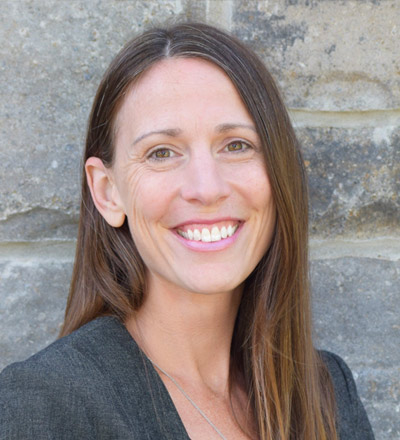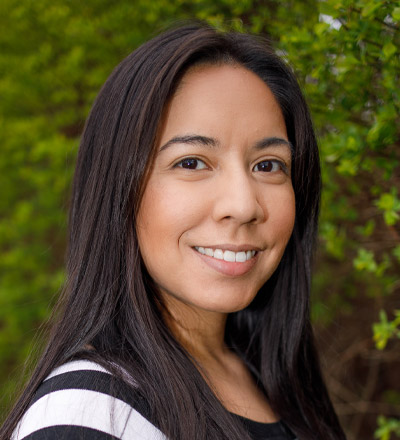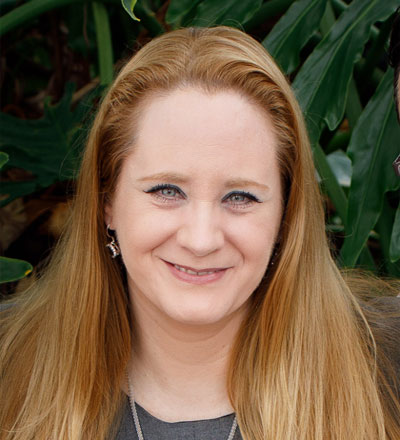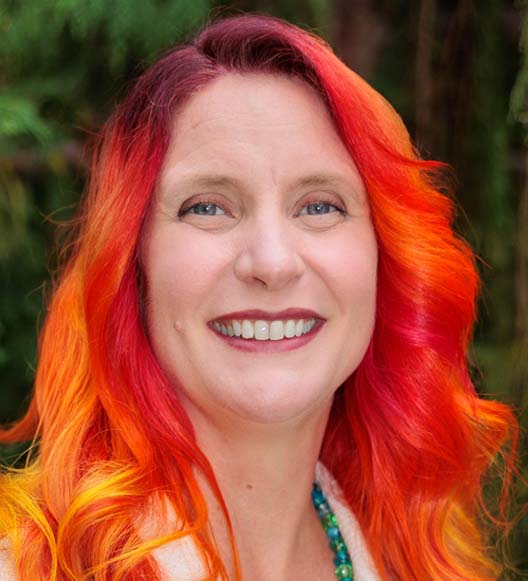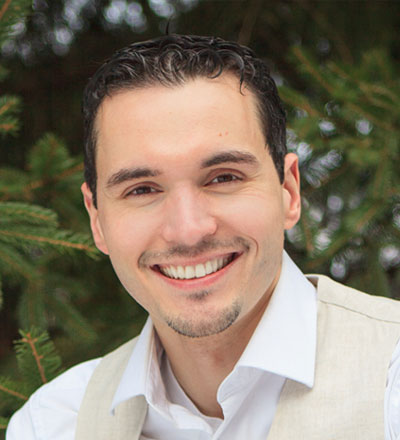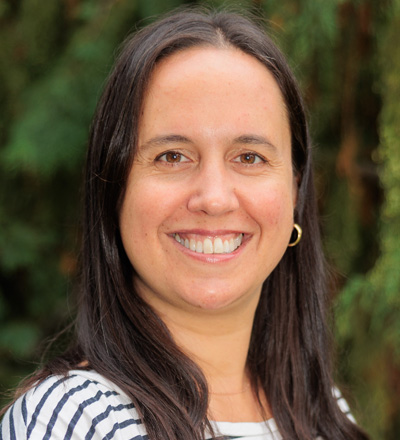Jessica del Rosso, Registered Social Worker #834108 is a Registered Social Worker at MyLife Counselling in Guelph. She works with adults and youth to support them with ADHD, Autism, Trauma, Self-Harm, Eco Anxiety. Learn more about Jessi here.
How to Cope with Climate and Political Anxiety
If you are feeling a sense of impending doom, you are not alone. In fact, that feeling may be a reasonable response to a world which feels increasingly unstable. From political unrest to the accelerating impacts of climate change, many people are experiencing deep anxiety about the future—and the present.
This emotional response is so widespread that new terms have emerged to describe it:
- Eco-grief: Mourning the loss of ecosystems, species, and environmental stability due to climate change.
- Anticipatory grief: The dread of knowing what’s coming—often more painful than the aftermath itself.
These aren’t just abstract concepts. They reflect a growing mental health crisis tied to our environment and political systems. And for many, this anxiety is not just occasional—it is chronic, pervasive, and deeply personal.
As a therapist who lives with eco and political anxiety myself, I have made it a focus of my practice to support others who feel overwhelmed by these forces. My approach is rooted in what I call Climate Collapse Acceptance—a framework that acknowledges the reality of our situation without surrendering to despair.
What Is Climate Collapse Acceptance?
Climate Collapse is a term that describes the current state in which the system of capitalism has resulted in our climate being destroyed. It acknowledges the irreversible damage that has been done which is impacting people and species across the globe in dangerous and devastating ways. Climate Collapse identifies that the impacts had on our climate will not get better and in fact, will only get worse. It acknowledges that we are entering into a point in human existence in which the way we live and survive will be influenced by climate change. Climate collapse also acknowledges that humans and species will die as extreme weather, and devastating impacts increase as the global surface temperature continues to rise beyond 1.5 degrees Celsius (which has already happened).
Climate Collapse Acceptance is based on the reality that climate change and its impacts, are inevitable at this point. It is based in the reality that so long as we continue to live within the system of Capitalism, extraction of resources and the exploitation of marginalized people and workers is what we can expect. Rather than shame and guilt ourselves for our participation in the system or living in chronic fear, Climate Collapse Acceptance offers a framework for us to acknowledge our fear and take back control and agency in realistic areas.
Avoidance of acknowledging fear, sadness, anger, and guilt associated with watching our planet struggle and the people in power failing us works for a period. Until it does not. For many people, labeling their anxiety as eco or climate anxiety may not be front of mind. Instead, it may sound like, “I am anxious all the time, but I don’t know why.”
Our nervous system is designed to keep us alive. It recognizes that for that to happen, certain needs must be met. We need shelter, food, water, and certain conditions to thrive. When we smell wildfire smoke, experience unseasonal weather or high severity storms, it is hypothesized that our nervous systems have a response to this perceived environmental danger. The same can be assumed when we see those in power making decisions that lead to political unrest, systems failing us, world wars expanding and immense injustice regarding the distribution of wealth.
Generation Z – The First Generation to Live Through the Impacts of Climate Change
Those born in the early 90s – early 2000s, are the first generation to live their whole life experiencing the impacts of climate change. Additionally, young people are living through the most economically challenging time since the Great Depression. They have the pressure of dealing with the implications of climate change that previous generations have chosen not to act on or acknowledge while also walking into insecure financial and employment times. This has led to many young people having a “What’s the point?” mentality when it comes to schooling, future planning or caring for themselves. Folks in their 30s-40s are experiencing burn-out and anger due to feeling lied to by the systems they participated in. There is a general feeling of, “I did everything right and I can’t find a job or buy a home or start a family.”
The way we feel about the climate and political state impacts the amount of action taken to move forward in our lives. If we are feeling hopeless, we get stuck and all motivation to do anything is often lost. While it is important to validate the anger, grief and fear that comes with acknowledging just how dreadful things are, we must be careful that this does not lead to doomerism. There are in fact things we can do and reframed approaches that both acknowledge how terrible things are AND move us forward into some kind of future, even if we do not know what that future will look like. Humans need goals to keep going. It is important for us to know that there is still radical hope available to us so as not to fall into a hopeless pit of despair. (Note: Radical hope is based on historical context and action rather than passiveness).
How Do We Begin to Cope with Eco and Political Anxiety from a Collapse Awareness Approach?
This is not something we can avoid or positively thinking about ourselves through:
– We need to acknowledge that the fear, grief and anger we are feeling is real and based on something very tangible and evident.
– Acknowledging that the emotions we feel impact on how we view our future and our ability to engage in action is impertinent.
- Focusing on doom = hopelessness and is not a motivating emotion
- RAIN: Recognize, allow ourselves to feel, Investigate with attention, Nurture with self-compassion. (Sarah Jaquette Ray).
- Avoidance of these emotions will only serve us for so long before they become overwhelming or debilitating.
We need to allow ourselves to experience joy and grief to continue forward:
- We need to be able to hold several truths at a time. The climate is struggling and being further damaged, people are dying and will continue to. There are also still moments of beauty, rebirth, and community. An example of this is during the Aids crisis, the LGTBQ+ community would fight and advocate during the day and dance at night. It is important for us to fill our cups by enjoying the beauty and happiness that still exists to keep fighting for change.
- “The root of grief is fear, loss and the terror of loneliness – address those feelings by connecting to community and appreciating the beauty we do have”/ Happiness obtained by avoiding discomfort and seeking pleasures is addictive yet fleeting.” (Sarah Jaquette Ray)
Connect to your community:
- Get to know your neighbours! Do you have the kind of relationship with your neighbours that you or they can ask for help in an emergency or if you run out of resources?
- Create a safety plan and have an emergency kit.
- Learn basic survival skills: Grab a survival guide such as the SAS SURVIVAL GUIDEBOOK (also comes in a pocket size for go bags).
- Create group chats (Signal is preferred due to it currently being independently owned) to stay in touch with close friends (as long as internet access is available).
- Share resources with close friends and family – know who has access to what and ensure that the people in your circle are people who SHARE resources.
- Connect with like-minded folks.
Learn tangible skills related to surviving and adapting to climate change:
- Climate collapse is not going to be an immediate or fast process. It will not look like the apocalypse in the movies. It is going to be slow progression of weather events getting more extreme and more people struggling.
- When young people struggle to know “what the point is” It can be helpful to direct them towards the importance of adaptability of our species. We will need innovative technologies, new ways to grow food, new skills etc. to adapt to our changing climate.
Look to individual actions for hope, rather than systems:
– Many people have a great distrust in systems as they continually fail us. Looking at community is a stronger way to re-invoke feelings of hope.
- The Extinction Rebellion Movement is a fitting example of young people coming together to fight systems. Young people are becoming more involved in political movements for our climate. They are demanding change so that they can live in healthy and safe eco and political climates.
- Another example is how the community impacted by Hurricane Helene was let down by government agencies and instead, neighbours supported each other in surviving the after math of the disaster left behind by the storm.
When it comes to advocacy, pick one thing:
- Trying to be involved in every cause will lead to burn out.
- Living in a time of information overload leads to information overwhelming and a frozen state. It is important to take breaks and limit exposure to doom scrolling and graphic images/videos.
Remember:
The current eco and political state is the result of a failing of systems and capitalism
– Not everyday individuals.
If you are struggling with eco-grief or political anxiety and looking for guidance, I offer therapeutic support tailored to these experiences.
Feel free to reach out—you are not alone in this. Contact me here ⤹ Email: jessica.del.rosso@mylifecounselling.ca
Sources and Resources
-
Deep Adaptation: Navigating the Realities of Climate Chaos by Jen Bendall (Book)
-
Living with GRAC/E: Getting Real About Collapse/Extinction by Karen Perry (Substack)
-
What do We Do, Now That We Are Here by Rosie Spinks (Substack)
-
Post Doom (resource and community building website)
-
Collapse Club (resource and community building website)
-
The Snap Forward by Alex Steffen (Substack)
-
A Field Guide to Climate Anxiety by Sarah Jaquette Ray (book)
-
RedCross & https://www.ontario.ca/page/be-prepared-emergency (Safety kit and emergency preparedness resources)
Jessica del Rosso, Registered Social Worker #834108 is a Registered Social Worker at MyLife Counselling in Guelph. She works with adults and youth to support them with ADHD, Autism, Trauma, Self-Harm, Eco Anxiety. Learn more about Jessi here.


